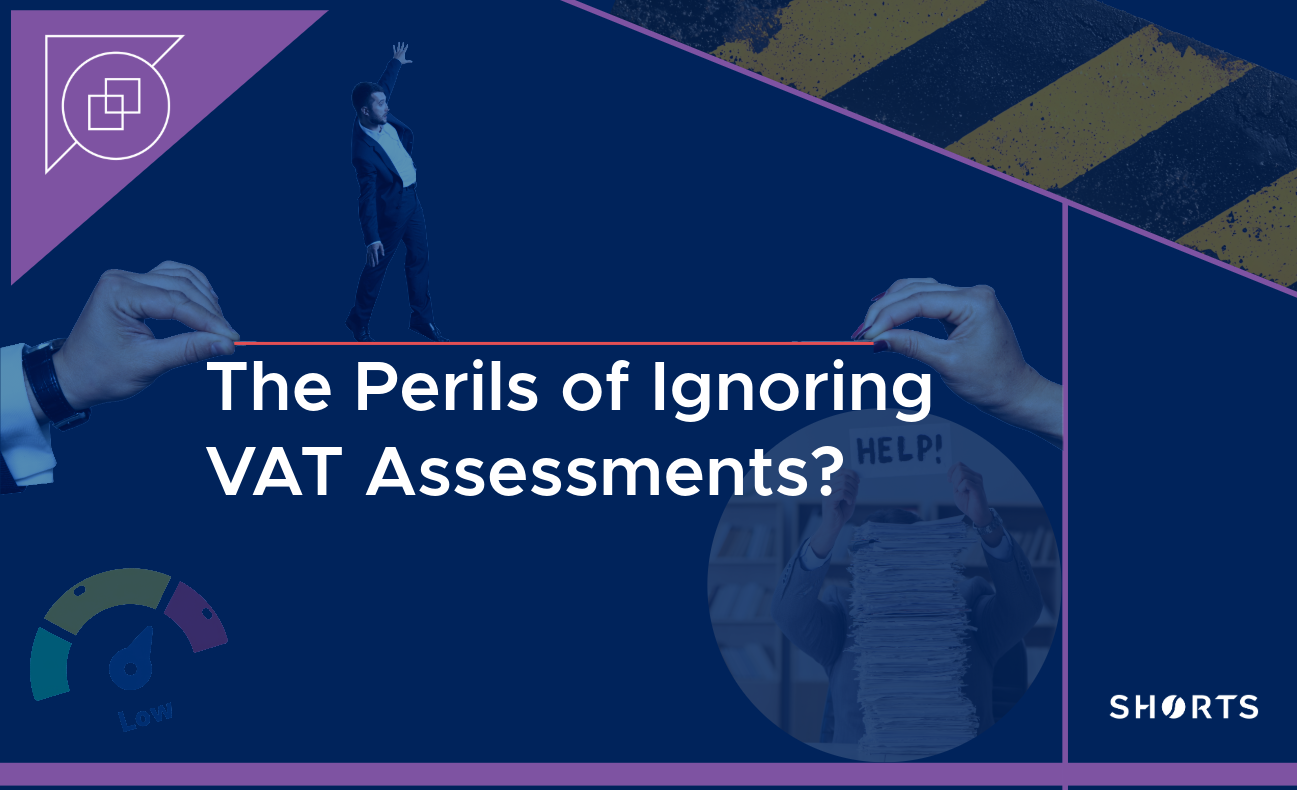
VAT administration can be challenging, especially for small business owners without the resources to hire specialists. As a result, some Small and Medium Enterprises (SMEs) miss VAT return deadlines or fail to keep accurate records. This can trigger VAT assessments from HMRC — often accompanied by penalties and interest charges.
The VAT penalties and interest regime
HMRC imposes penalties for overdue filings, late payments, or inaccuracies in VAT returns. Interest is also charged on overdue amounts. These costs can escalate quickly, placing severe financial pressure on small businesses. In some cases, they can lead to insolvency.
For practical guidance on staying VAT-compliant, see our article on VAT penalties.
VAT assessments
A VAT assessment is HMRC’s estimate of the VAT they believe you owe. If you fail to submit a VAT return, or you submit an incorrect one, HMRC can issue an assessment:
- Up to two years after the end of the VAT return period in which the error occurred or the return was due
- One year after evidence of the facts that were sufficient to justify raising an assessment becomes known to HMRC (one-year rule)
Assessments must be completed no later than four years or 20 years (in cases where the business has acted dishonestly) after the VAT return period in which the error occurred has finished.
HMRC may issue an assessment if:
- A VAT return is missing, incorrect, or incomplete
- An incorrect repayment has been made to you
- Required records are missing, or you have not allowed HMRC to check them
- HMRC has reason to believe your returns are inaccurate based on its checks or other information
Why ignoring an assessment is risky
Putting an assessment aside to “deal with later” can lead to:
- Debt collection action by HMRC
- Damage to your business's credit record
- Enforcement measures such as asset seizure or freezing of bank accounts
- Additional penalties for continued non-compliance
How to stay ahead of VAT trouble
While VAT admin may never be fun, these steps can help you avoid costly assessments:
- Set calendar reminders for VAT deadlines
- Use accounting software with VAT tracking and submission tools
- Keep all invoices and receipts in either manual or digital formats
- Seek cost-effective VAT advice when needed
- Respond promptly to any HMRC requests for payments — even if you cannot pay in full immediately, you can arrange a time to pay agreement with them
Get your VAT returns queries answered
If you face issues with a VAT assessment, or struggle to complete your VAT return, you should seek a specialist. Our VAT team at Shorts have decades of experience advising clients on VAT issues with HMRC. Our team offers free reviews of VAT returns to help you get maintain compliancy with HMRC.

Paschal Okonkwo
I work as a tax advisor at Shorts, helping companies and individuals stay tax compliant in the UK.
View my articlesTags: VAT, Business Taxes
